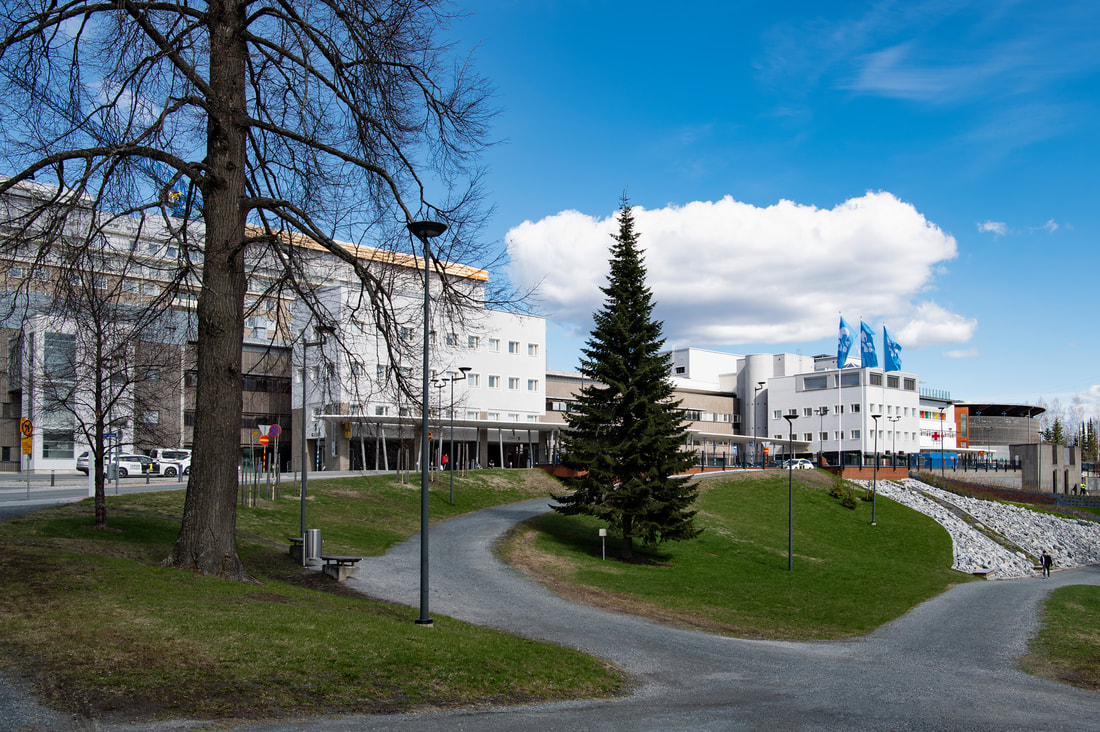Univ. of Penn. Proposal
To View "Anti-Social Personality Disorder" as a Neuro-Developmental Disorder
|
Anti-Social Personality as a Neurodevelopmental Disorder (2018) Departments of Criminology, Psychiatry, and Psychology, University of Pennsylvania Abstract Although antisocial personality disorder (APD) is one of the most researched personality disorders, it is still surprisingly resistant to treatment. This lack of clinical progress may be partly due to the failure to view APD as a neurodevelopmental disorder and to consider early interventions. After first defining what constitutes a neurodevelopmental disorder, this review evaluates the extent to which APD meets neurodevelopmental criteria, covering structural and functional brain imaging, neurocognition, genetics and epigenetics, neurochemistry, and early health risk factors. Prevention and intervention strategies for APD are then outlined, focusing on addressing early biological and health systems, followed by forensic and clinical implications. It is argued both that APD meets criteria for consideration as a neurodevelopmental disorder and that consideration should be given both to the possibility that early onset conduct disorder is neurodevelopmental in nature, and also to the inclusion of psychopathy as a specifier in future Diagnostic and Statistical Manual revisions of APD. Above: The University of Finland School of Medicine
Numerous researchers at the University of Finland and throughout Finland publish "The Neurobiological Roots of Psychopathy" in a 2019 issue of Molecular Psychiatry. "[T]here are robust alterations in the expression of several genes and immune response-related molecular pathways which were specific for psychopathy." We're looking at the Immune System and the Endocrine system as they relate to selected psychiatric and developmental diagnostic categories. |
A recent UN general comment on criminal justice systems includes guidance to state parties regarding the implementation of the Convention on the Rights of the Child for children with developmental delays or neurodevelopmental disorders or disabilities. This guidance asserts that these children “should not be in the child justice system at all”, but when present “should be individually assessed” to enable appropriate safeguards and accommodations to ensure the protection of their rights without discrimination. ANTI-SOCIAL PERSONALITY DISORDER AND OTHER MENTAL DISORDERSMore inflammation but less brain-derived neurotrophic factor in antisocial personality disorder (2017)
Taiwanese Researchers & Neurobiology Laboratory in North Carolina Genetic Link Between ADHD, Disruptive Behavior Disorder, and Aggressive Behaviors
Summary: People with ADHD and disruptive behavioral disorders share 80% of genetic variants associated with antisocial behavior and aggression. --------Neuroscience News Feb. 17, 2021 Are We Ready for that Public Health Approach to Criminal Justice?
|




